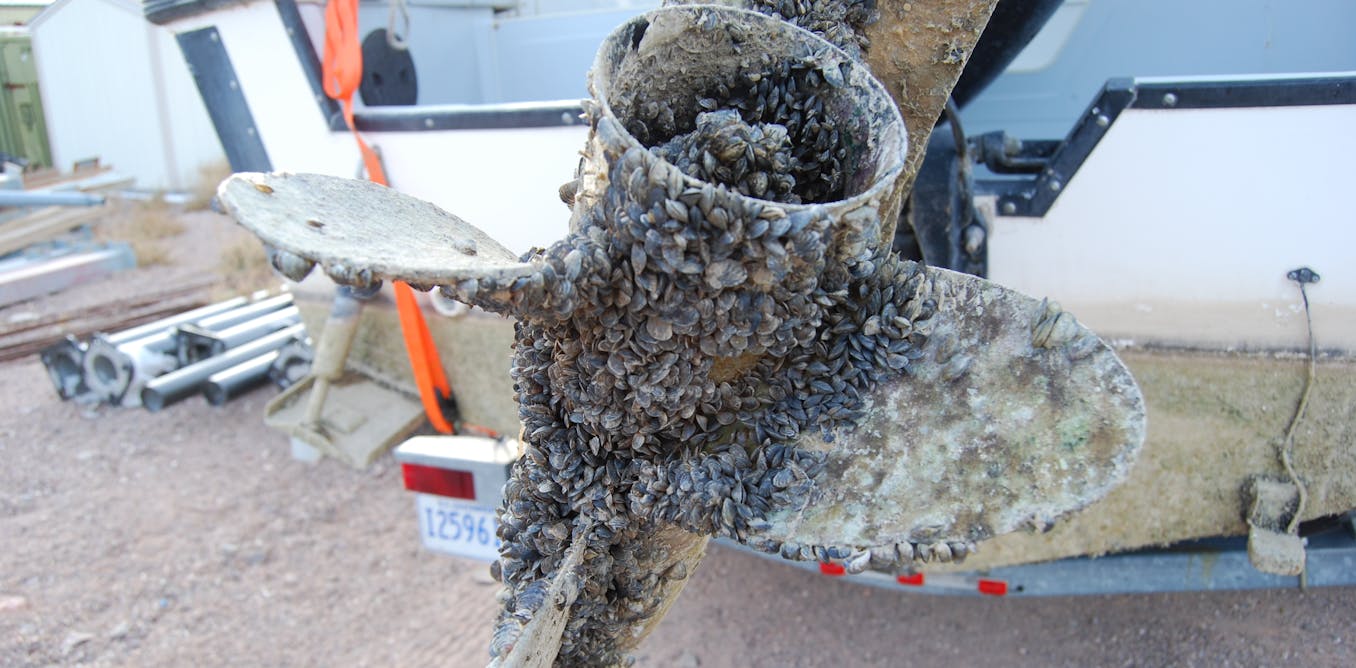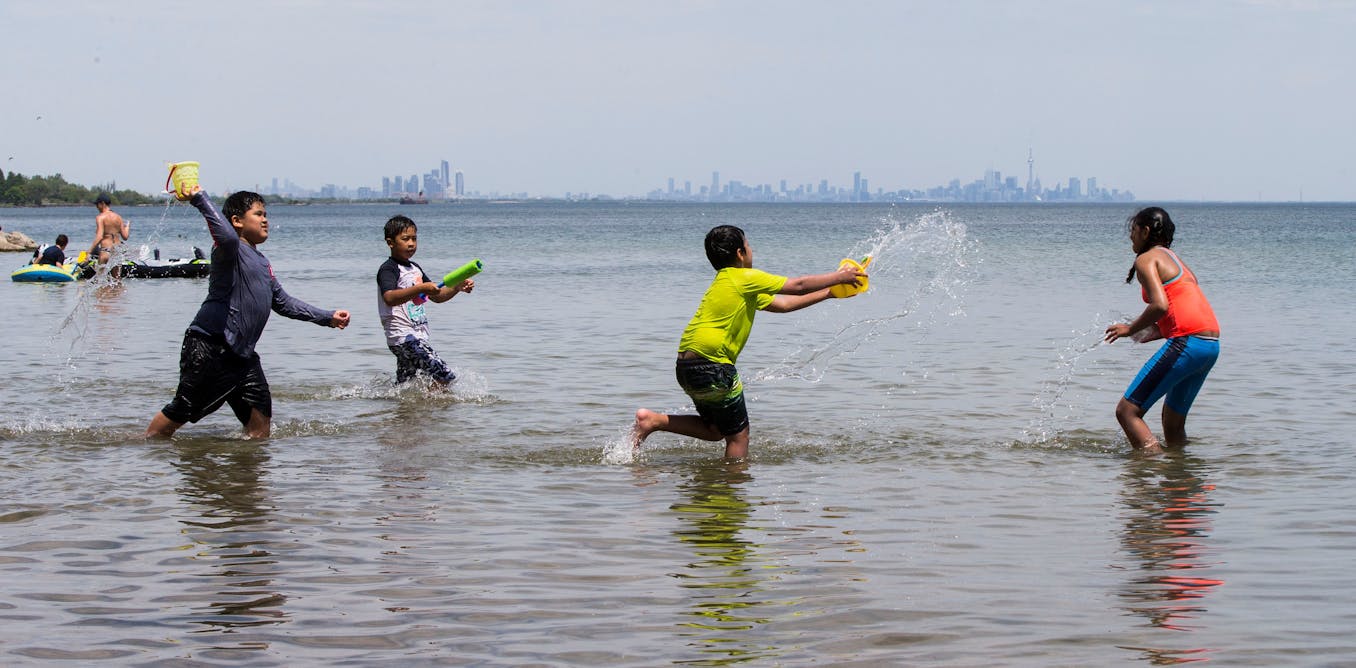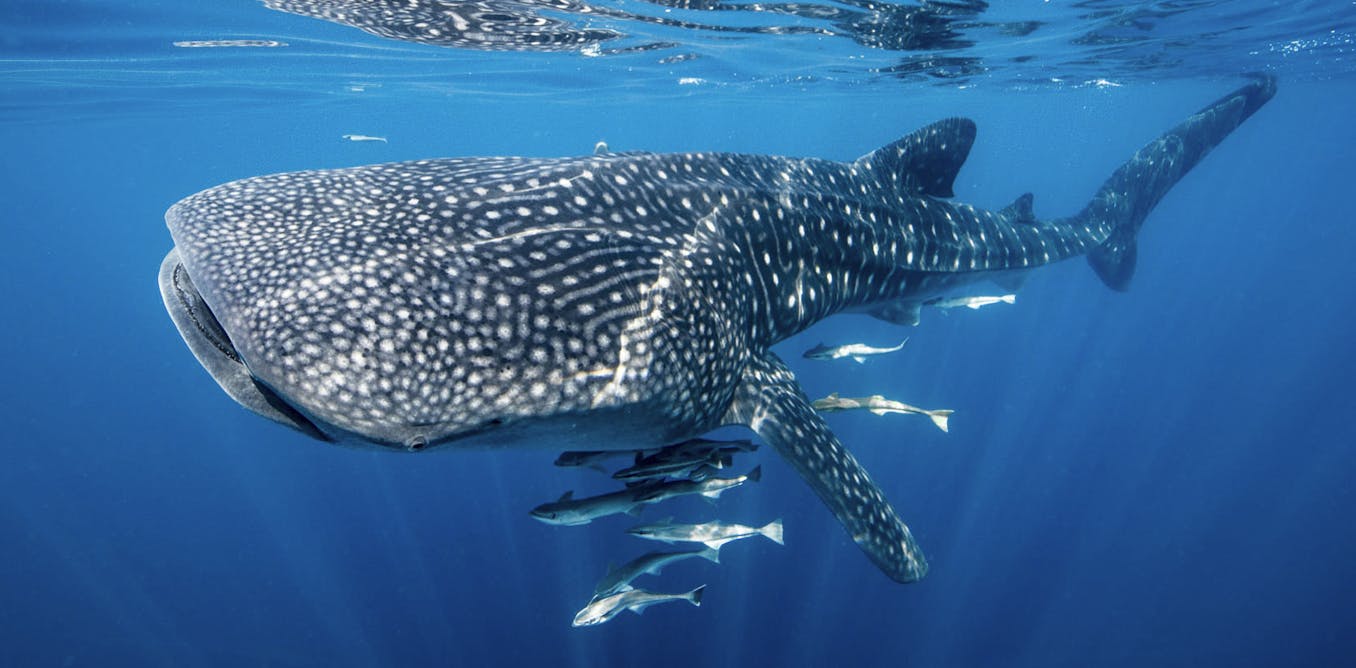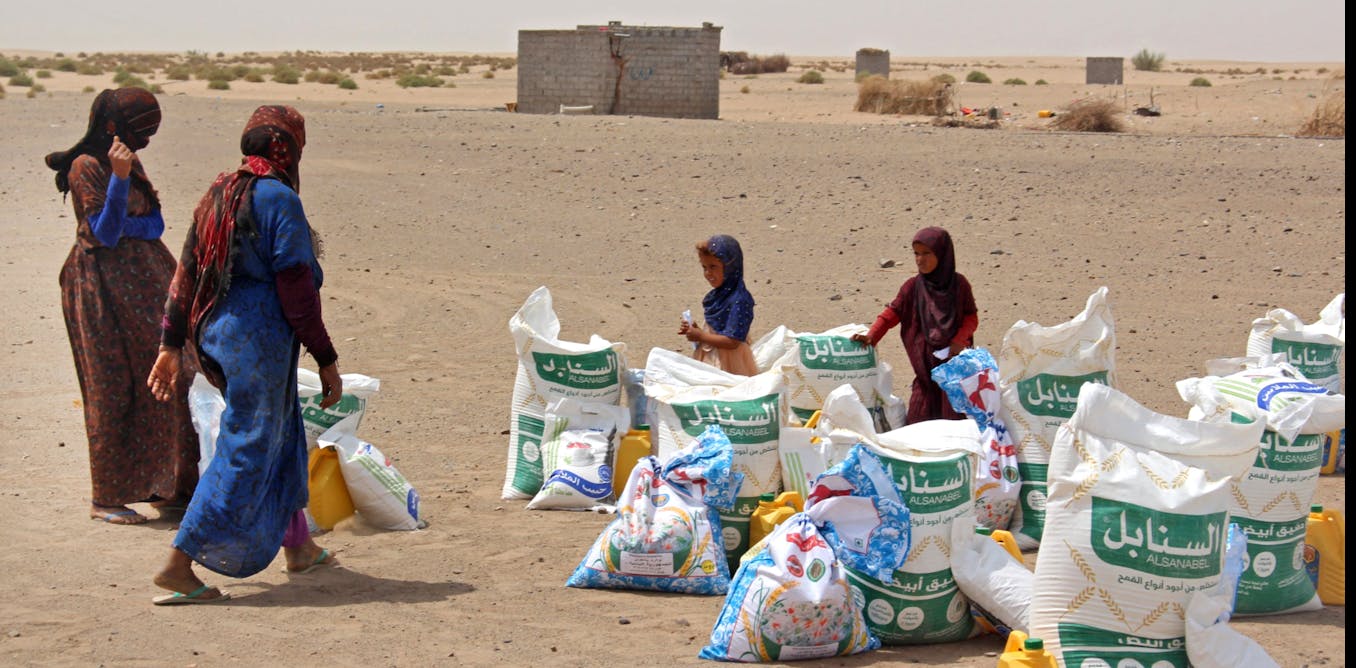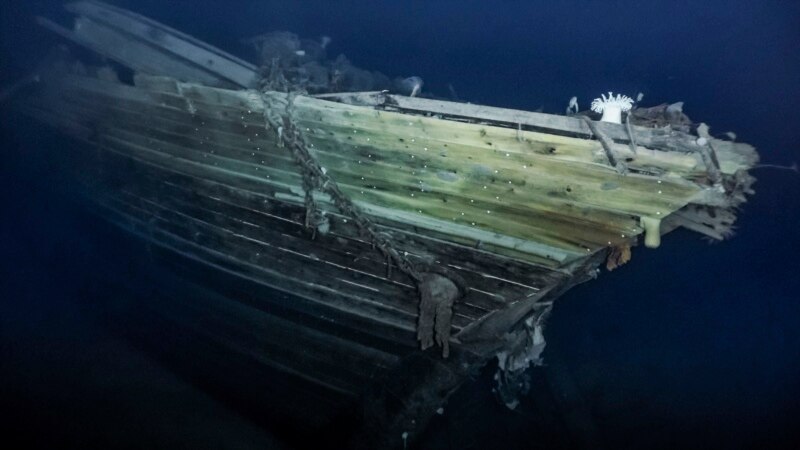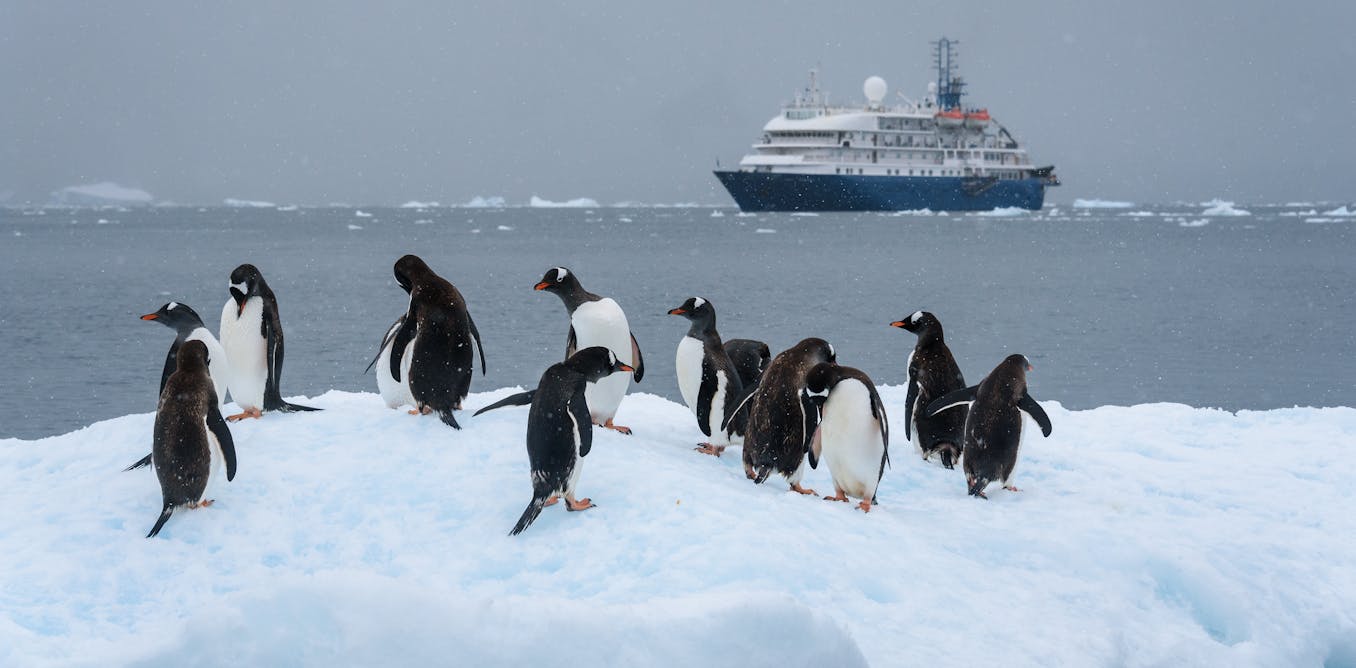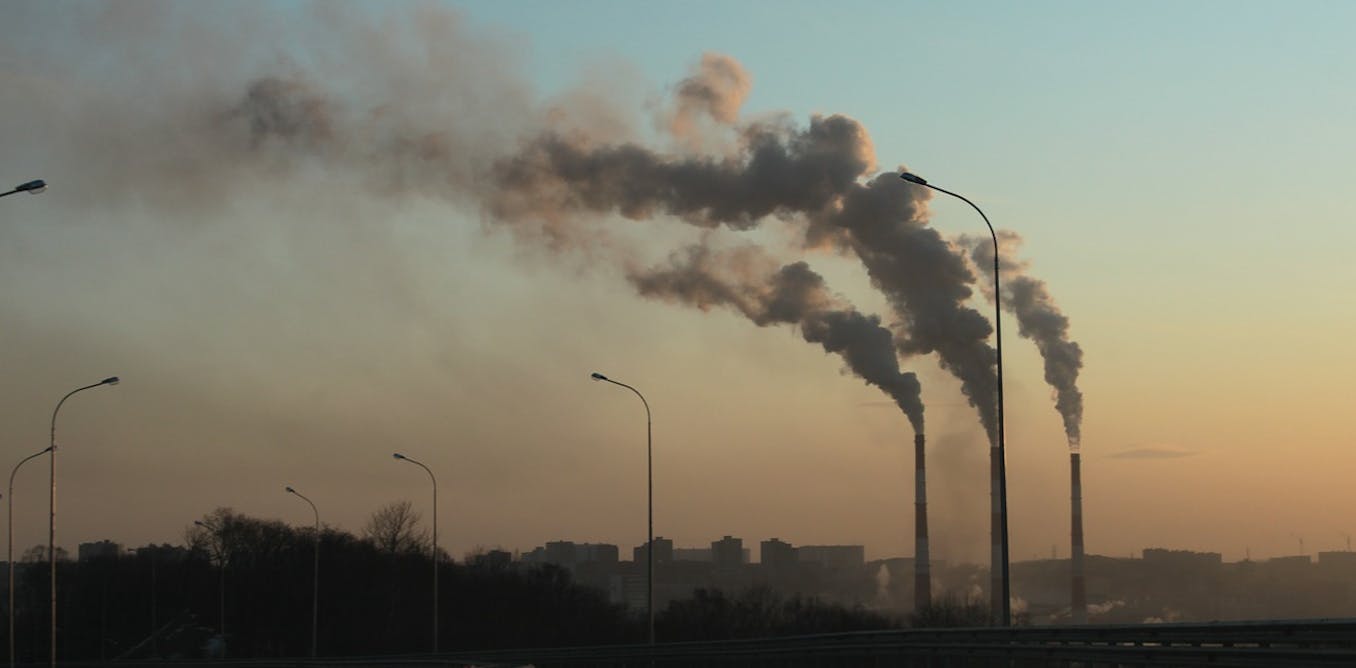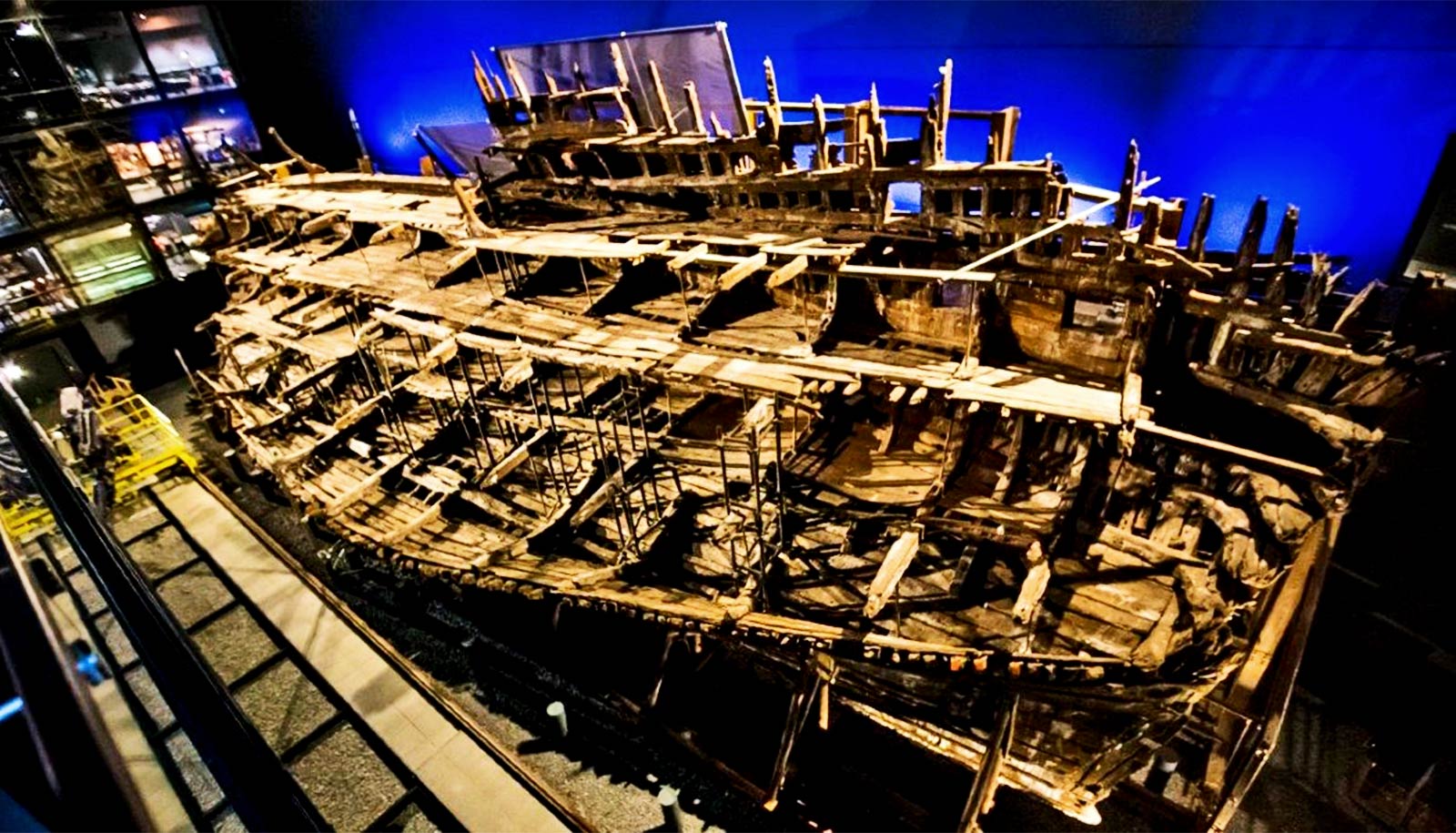The westward spread of zebra and quagga mussels shows how tiny invaders can cause big problems
Zebra and quagga mussels entered the Great Lakes in large ships’ ballast water. Now, local boaters and anglers are spreading them into the southern and western US.
July 19, 2022 • ~10 min

